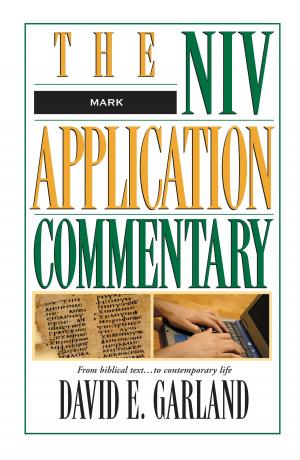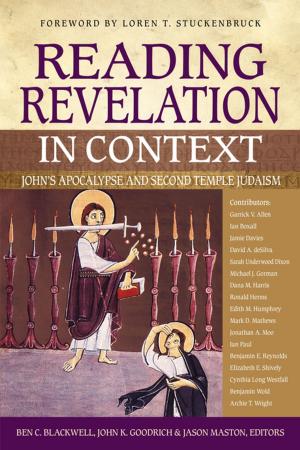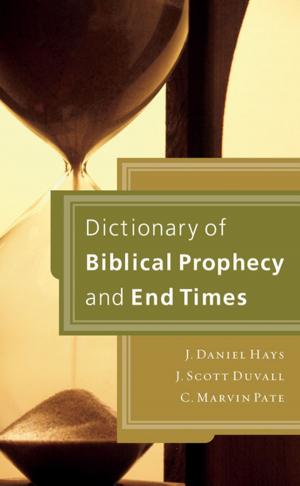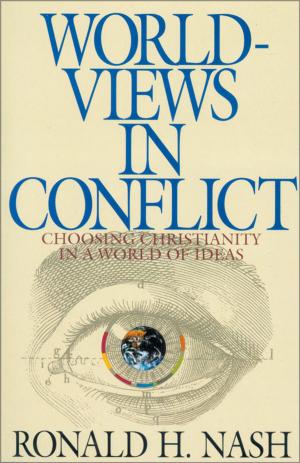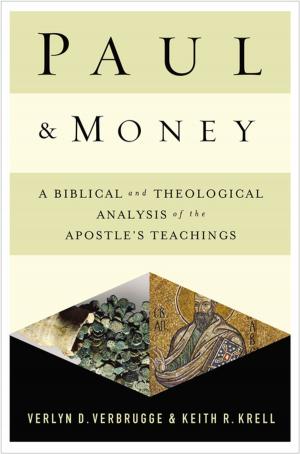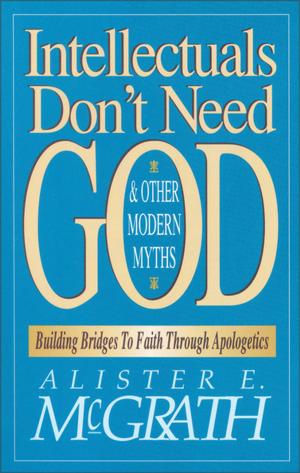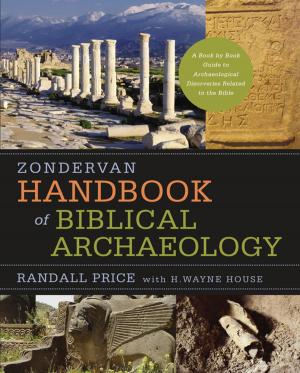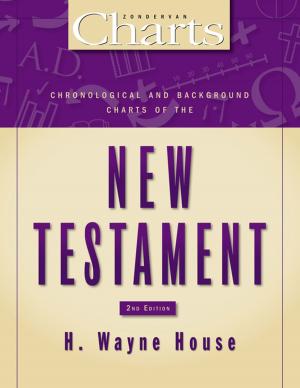Hearing the Message of Daniel
Sustaining Faith in Today’s World
Nonfiction, Religion & Spirituality, Inspiration & Meditation, Discipleship, Bible & Bible Studies| Author: | Christopher J. H. Wright | ISBN: | 9780310535096 |
| Publisher: | Zondervan Academic | Publication: | February 28, 2017 |
| Imprint: | Zondervan Academic | Language: | English |
| Author: | Christopher J. H. Wright |
| ISBN: | 9780310535096 |
| Publisher: | Zondervan Academic |
| Publication: | February 28, 2017 |
| Imprint: | Zondervan Academic |
| Language: | English |
In many corners of the world these days the climate of hostility hangs over any overt Christian faith commitment. Any kind of Christian commitment is now assumed to imply intolerance and often prompts reactions that range from a low-grade hostility and exclusion in the West to the vicious and murderous assaults on Christian believers in Pakistan, Nigeria, Kenya, Egypt, Syria and Iraq and elsewhere.
Such issues are not new. Christians have faced them ever since Nero’s lions, and even before that. Jews also have faced the same questions all through their history, most tragically sometimes enduring horrendous persecution from states claiming to be Christian. So it is not surprising that the Bible gives a lot of attention to these questions.
The book of Daniel tackles the problem head on, both in the stories of Daniel and his friends, and in the visions he received. A major theme of the book is how people who worship the one, true, living God—the God of Israel—can live and work and survive in the midst of a nation, a culture, and a government that are hostile and sometimes life-threatening. What does it mean to live as believers in the midst of a non-Christian state and culture? How can we live “in the world” and yet not let the world own us and squeeze us into the shape of its own fallen values and assumptions?
The book was written to encourage believers to keep in mind that the future, no matter how terrifying it may eventually become, rests in the hands of the sovereign Lord God—and in that assurance to get on with the challenging task of living in God’s world for the sake of God’s mission.
In many corners of the world these days the climate of hostility hangs over any overt Christian faith commitment. Any kind of Christian commitment is now assumed to imply intolerance and often prompts reactions that range from a low-grade hostility and exclusion in the West to the vicious and murderous assaults on Christian believers in Pakistan, Nigeria, Kenya, Egypt, Syria and Iraq and elsewhere.
Such issues are not new. Christians have faced them ever since Nero’s lions, and even before that. Jews also have faced the same questions all through their history, most tragically sometimes enduring horrendous persecution from states claiming to be Christian. So it is not surprising that the Bible gives a lot of attention to these questions.
The book of Daniel tackles the problem head on, both in the stories of Daniel and his friends, and in the visions he received. A major theme of the book is how people who worship the one, true, living God—the God of Israel—can live and work and survive in the midst of a nation, a culture, and a government that are hostile and sometimes life-threatening. What does it mean to live as believers in the midst of a non-Christian state and culture? How can we live “in the world” and yet not let the world own us and squeeze us into the shape of its own fallen values and assumptions?
The book was written to encourage believers to keep in mind that the future, no matter how terrifying it may eventually become, rests in the hands of the sovereign Lord God—and in that assurance to get on with the challenging task of living in God’s world for the sake of God’s mission.

